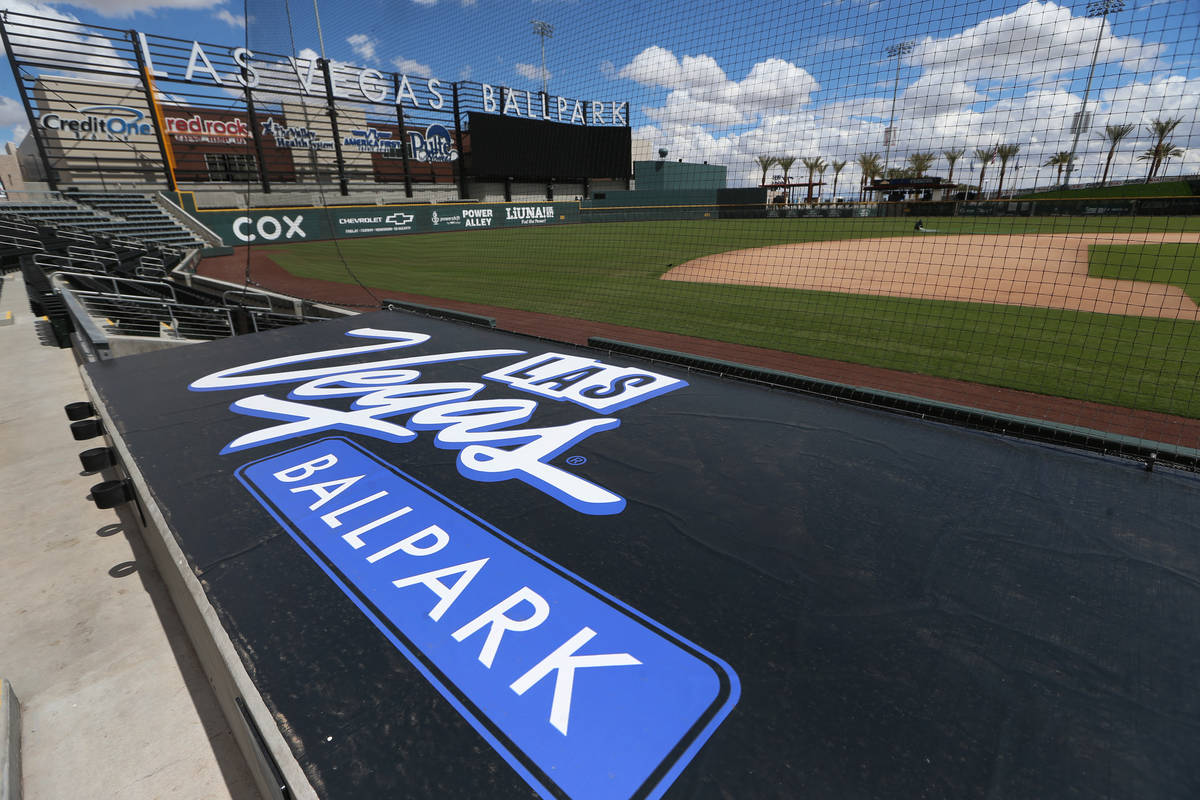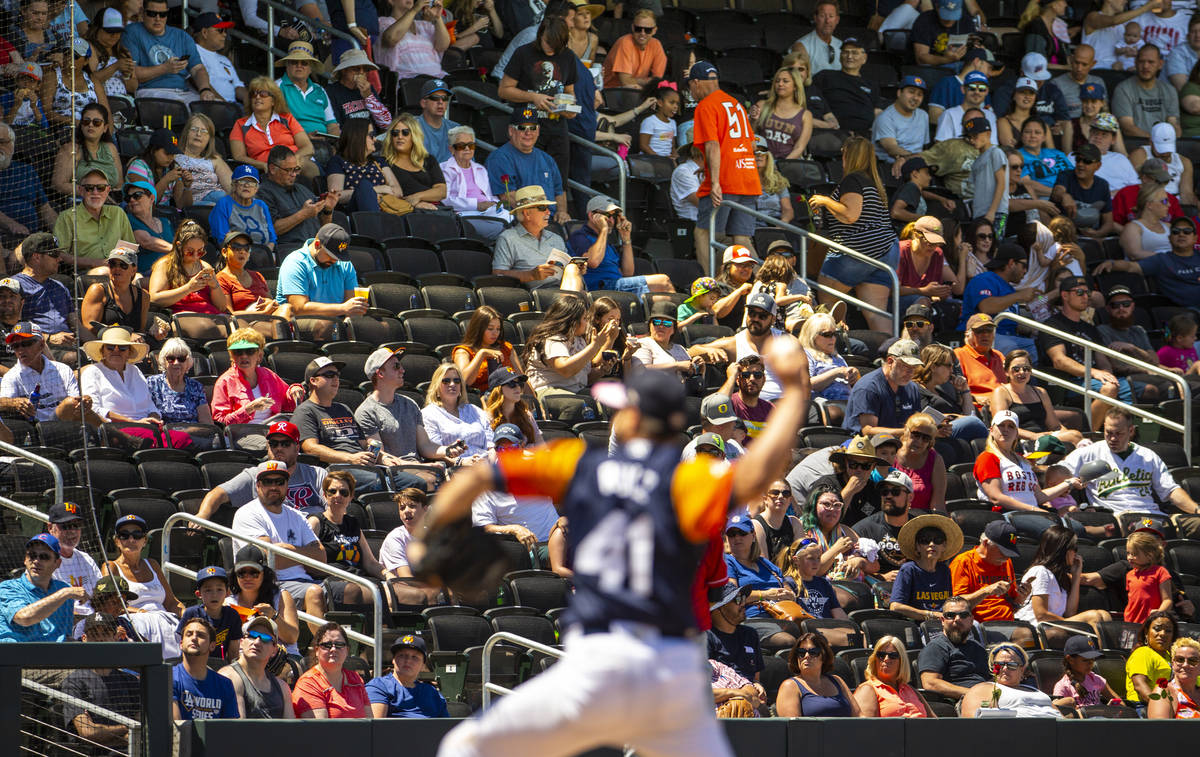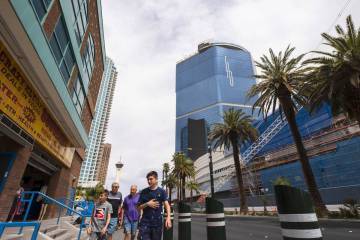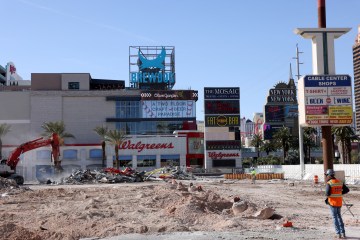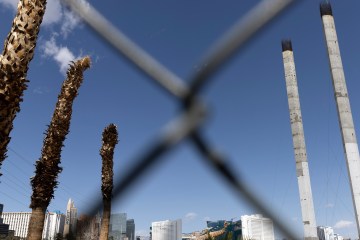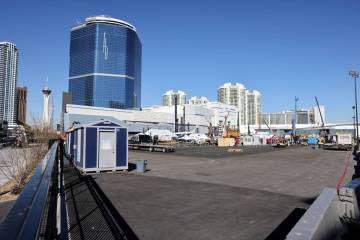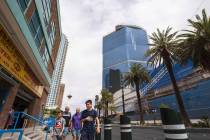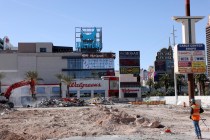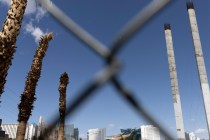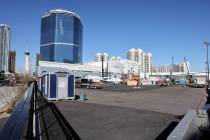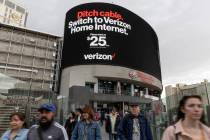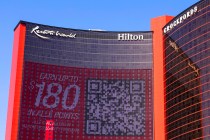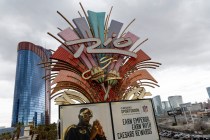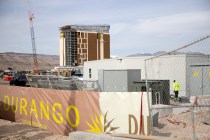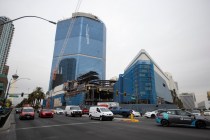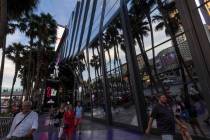Aviators’ shelved season a blow to Summerlin, Howard Hughes Corp.
When the Las Vegas Aviators’ new stadium opened last year, it drew throngs of baseball fans to Summerlin and gave house hunters another reason to consider buying a place in the suburban community.
But with the coronavirus pandemic still raging, the Aviators’ season has been canceled — dealing a financial blow to Summerlin’s developer and anyone else who makes money off the minor-league baseball team, from stadium hot dog slingers to bartenders at the mall across the street.
Minor league baseball officials shelved the 2020 season Tuesday after Major League Baseball said it would not provide its affiliated teams with players this season. The cancellation comes as coronavirus cases surge again in many states, including Nevada, after businesses were allowed to reopen following government-ordered shutdowns.
With the Aviators going dark this year, the brunt of the financial pain falls on team owner Howard Hughes Corp. The company, developer of Summerlin, has built more than $640 million worth of projects in the heart of Las Vegas’ largest master-planned community, bringing a web of retail shops, office buildings, apartments and, starting last year, baseball.
Baseball business
The Aviators, the Triple-A affiliate of the Oakland A’s, generated 2 percent of Hughes Corp.’s revenue last year, a regulatory filing shows, amounting to more than $26 million in baseball earnings.
Hughes Corp. executive Kevin Orrock, president of the Summerlin community, was unavailable to comment Thursday.
It’s unlikely the nixed season by itself will dampen home sales in Summerlin, which was a popular place to build and buy houses long before Hughes Corp. moved the team across town from Cashman Field to the newly built Las Vegas Ballpark.
The pandemic, which shut off much of Las Vegas’ economy virtually overnight in March and sparked record job losses, is a much bigger threat to the housing market than the loss of one amenity.
But the lost season zaps a revenue stream from its owner; takes work away from stadium food servers, janitors and the like; and means thousands of people won’t congregate dozens of times a year across the street from the Hughes Corp.-owned Downtown Summerlin open-air mall, where restaurants and other shops can capture spillover traffic.
The Aviators, formerly the 51s, play in a 10,000-fan capacity stadium and led the minors last year with an average of 9,299 fans per game.
Summerlin spending
Texas-based Hughes Corp. sells land to homebuilders in Summerlin, which spans 22,500 acres along the valley’s western rim, boasts more than 100,000 residents and fetches some of the highest home and land prices in the valley.
The company has also spent a fortune building out Summerlin’s commercial core off Sahara Avenue and the 215 Beltway, as seen in filings with the Securities and Exchange Commission.
Hughes Corp. opened the 106-acre Downtown Summerlin mall in 2014, spending $404.6 million in development costs by the end of the following year on the once-mothballed project. The mall features retail and restaurant space, a nine-story office building and, at least before the pandemic hit, plenty of people walking around.
The Aviators’ ballpark, developed by Hughes Corp., cost $128 million and was backed by an $80 million naming-rights deal with the Las Vegas Convention and Visitors Authority.
Hughes Corp. also opened the 267-unit Tanager apartment complex, a $59 million project, right nearby last year and a $49 million, six-story office building in 2018.
Will the Aviators take the field next season? Will life ever get back to normal?
Your guess is as good as mine.
Contact Eli Segall at esegall@reviewjournal.com or 702-383-0342. Follow @eli_segall on Twitter.



